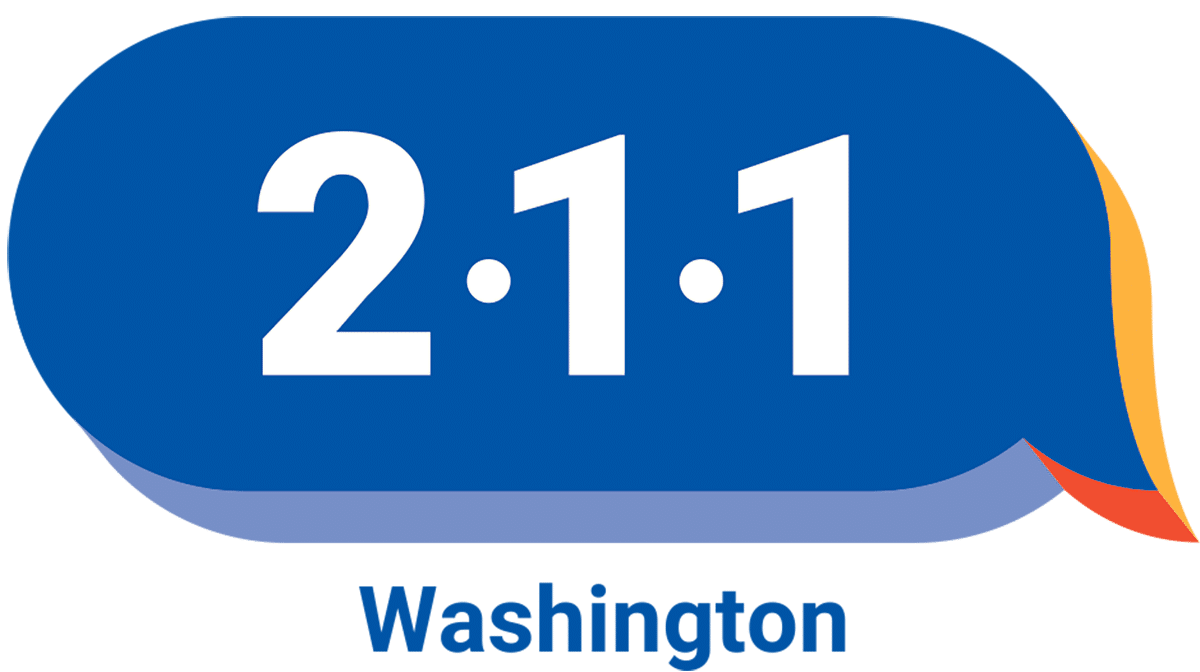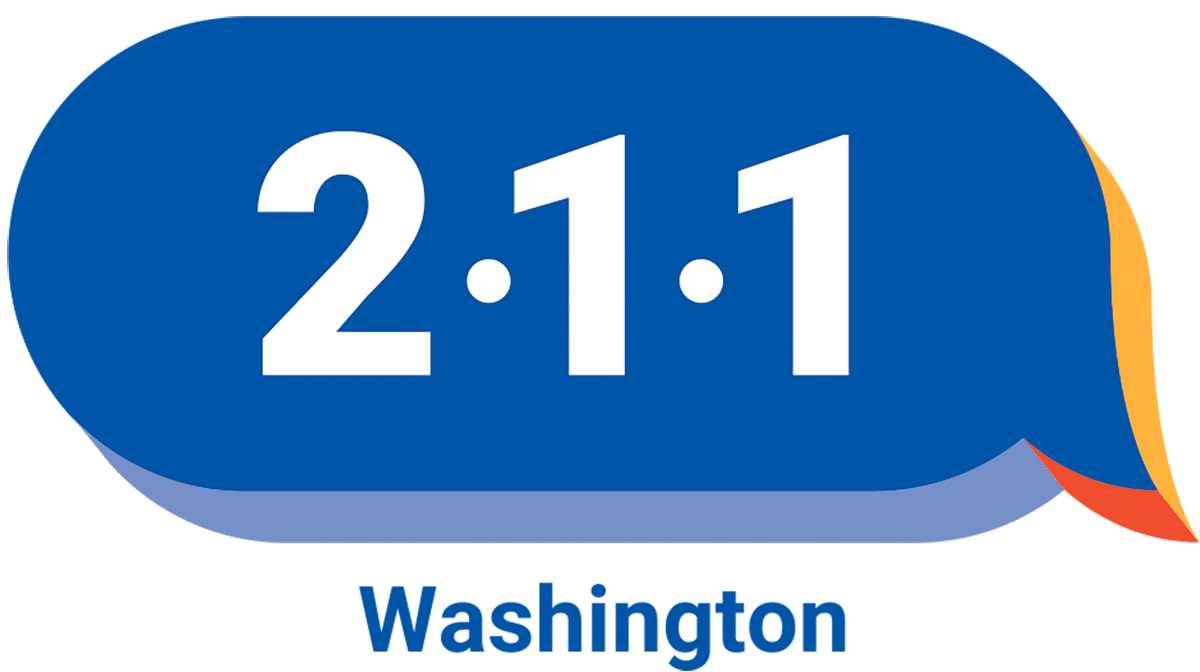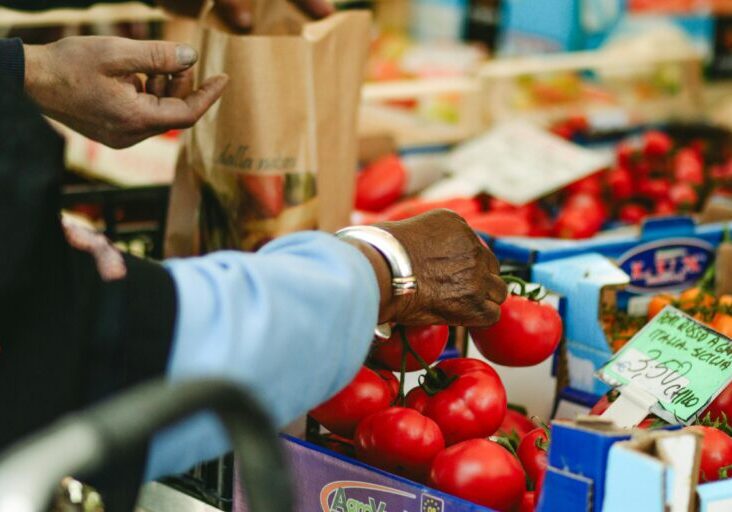
Food Assistance During the Federal Shutdown
Beginning November 1, 2025, millions of Washingtonians who rely on the Supplemental Nutrition Assistance Program (SNAP) to feed themselves and their families will not receive their regular benefits due to delays caused by the ongoing federal government shutdown.
Challenging Times
The delay is expected to impact approximately 1 million Washingtonians. Rural Washington will be hit particularly hard when federal SNAP benefits stop. In Yakima County, for example, 28 % of residents rely on SNAP — the highest percentage of any county statewide.
At WA211, we recognize that access to food assistance is essential for the well-being of our community. When delays occur, the consequences can be serious for individuals and families who depend on this support.
During this challenging time, WA211 remains committed to supporting residents by connecting them with essential community resources.
WA211 has compiled a list of statewide resources available to assist individuals and families affected by the delay in SNAP Benefits. These resources are designed to ensure that no resident goes without the food and support they need during this challenging time.
The Washington Department of Social and Health Services administers the federal SNAP program. Use these resources below.
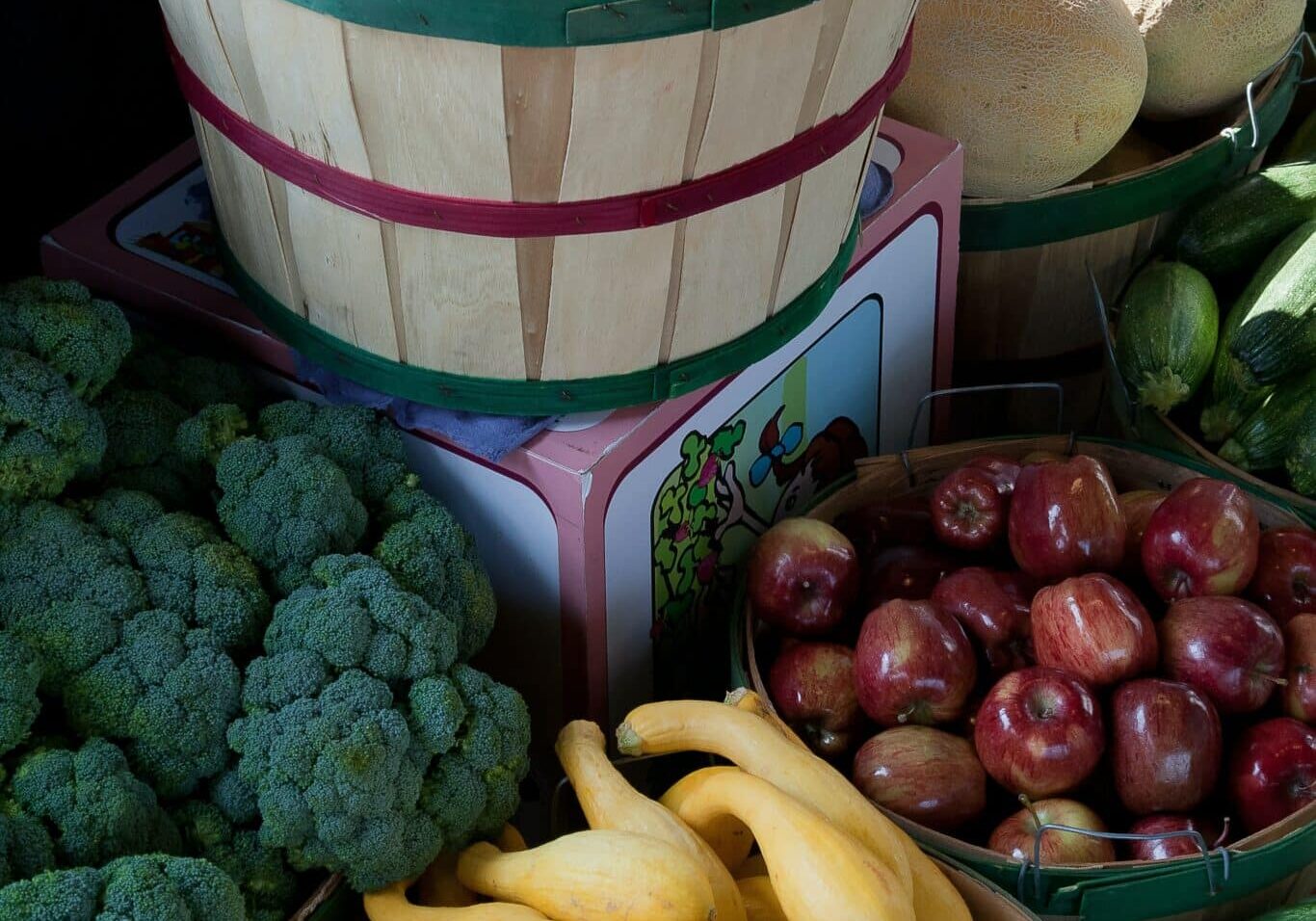

Free Meals
During the federal shutdown, programs offered by churches, restaurants and other organizations provide meals in a central location for people who lack the resources needed to buy and prepare food. The food may be distributed to people who line up for the meal or may be served to people seated in a dining hall setting, and participants rarely need to establish eligibility for the service.
Senior Meals
Seniors at risk of food insecurity during the federal shutdown can find programs that provide hot meals on a regular basis primarily for older adults who may be at risk for nutritional deficits and social isolation without assistance. Congregate meals are often combined with recreational, educational and social activities, and programs may include access to health services and/or information.

Food Pantries/Banks
For individuals and families impacted by the SNAP delay, explore nearby food banks and pantries for emergency food distribution. Some pantries deliver food to people whose disabilities or illnesses make it difficult for them to leave home. More help locating food resources is available from the Washington Department of Agriculture online, or by phone at (360) 725-5640.
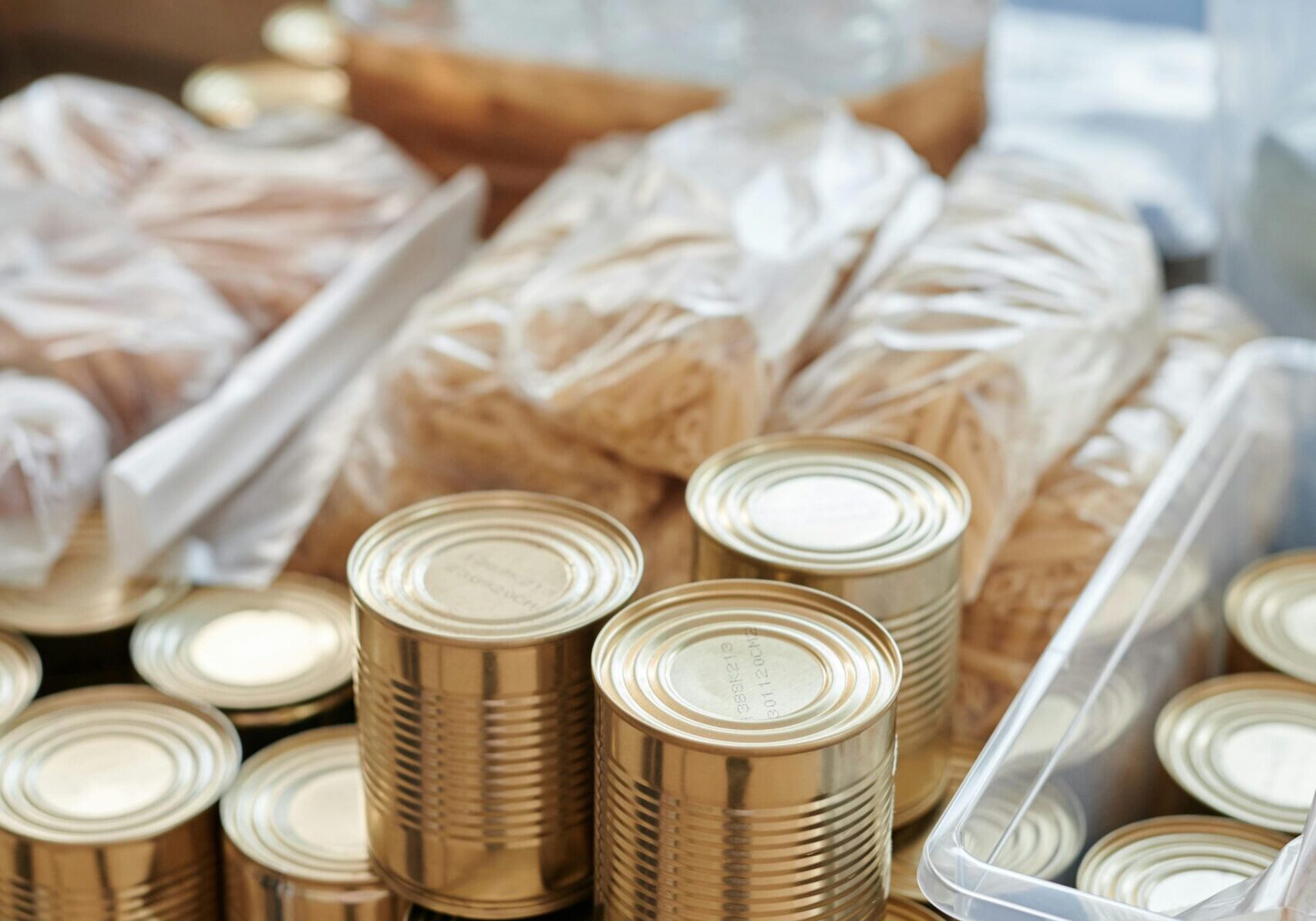
Grocery Delivery
Food pantries that deliver the food to people with illnesses, disabilities, transportation issues or other extenuating circumstances which prevent them from picking it up.
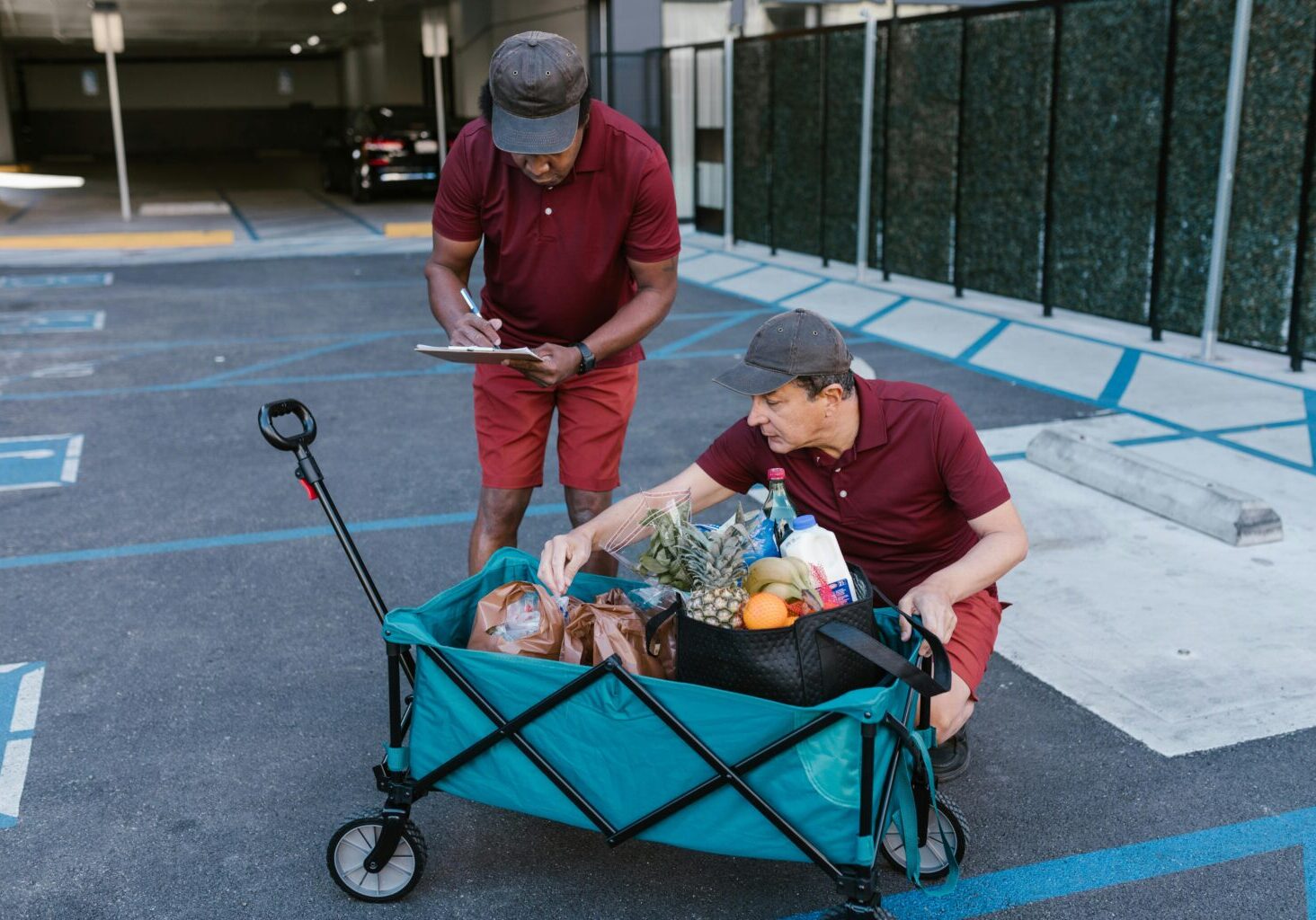
Home Delivered Meals
Washingtonians affected by the federal shutdown can access food pantries that deliver the food to people with illnesses, disabilities, transportation issues or other extenuating circumstances which prevent them from picking it up.
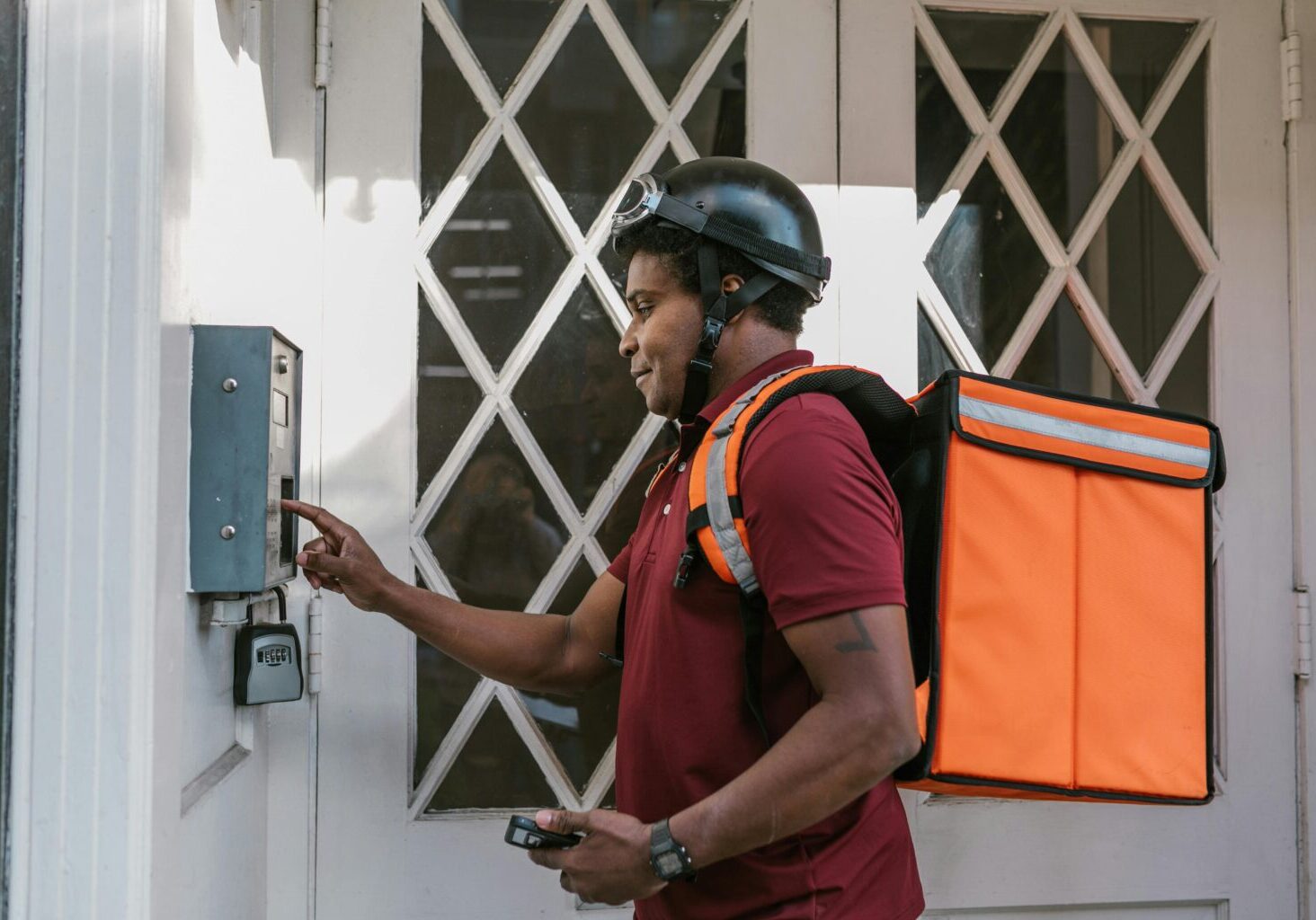

WIC
Families with infants and young children who are facing food insecurity can contact WIC. This program provides nutrition education, nutritious foods, breastfeeding support and health care referrals for income-eligible pregnant or postpartum individuals, infants and children up to age 5.
Foster parents, grandparents, guardians and single fathers who have custody of their children may also be eligible to receive food assistance for children up to age 5 if they meet income guidelines.
Food packages typically include iron-fortified infant cereal, milk, cheese, eggs, whole grains, peanut butter, beans, fruits, vegetables and juice. Families can shop for WIC foods at most grocery stores.
Get connected, get answers
Simply call 211, Monday - Friday 8AM to 4PM
If you are having difficulties using the 211 number, dial 1-877-211-9274
